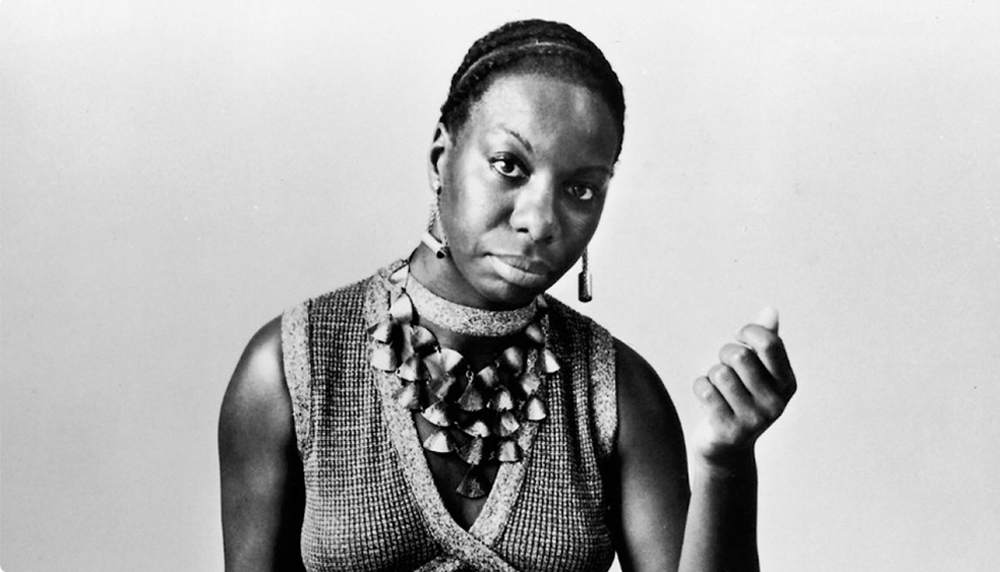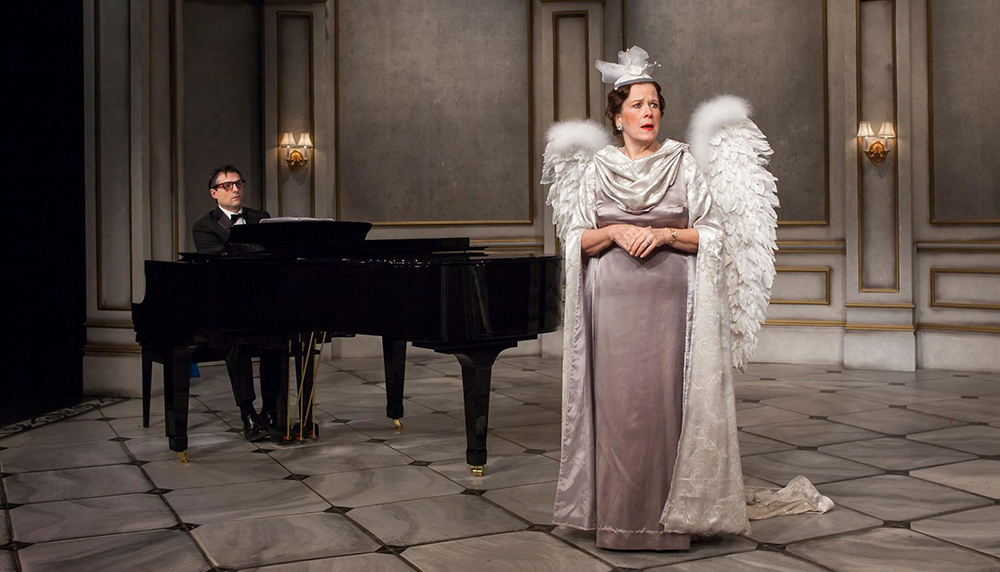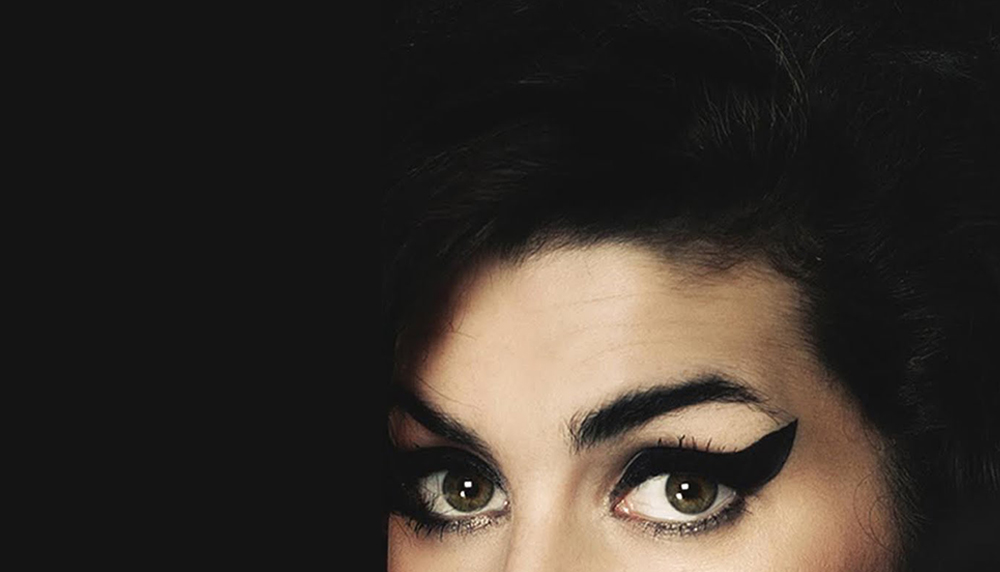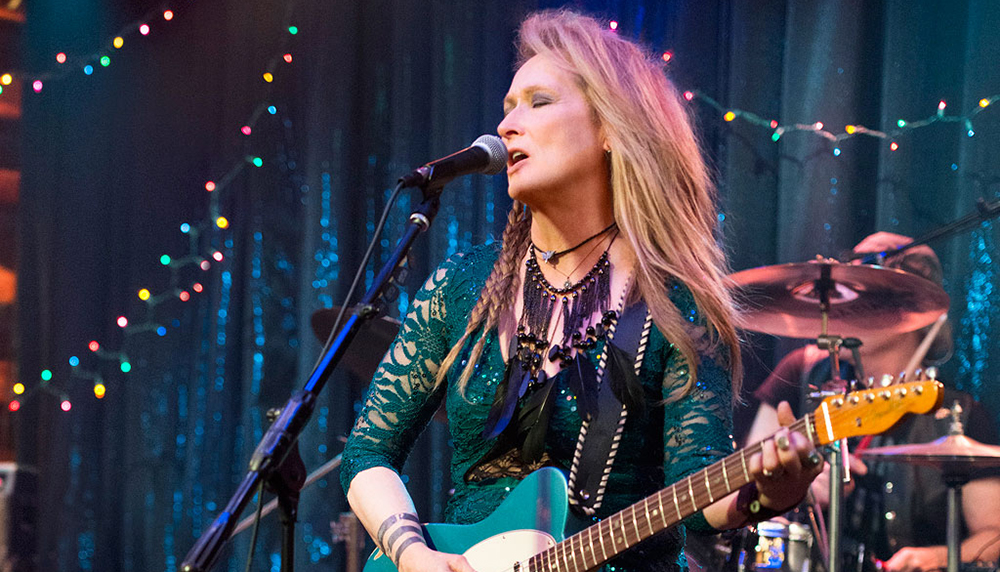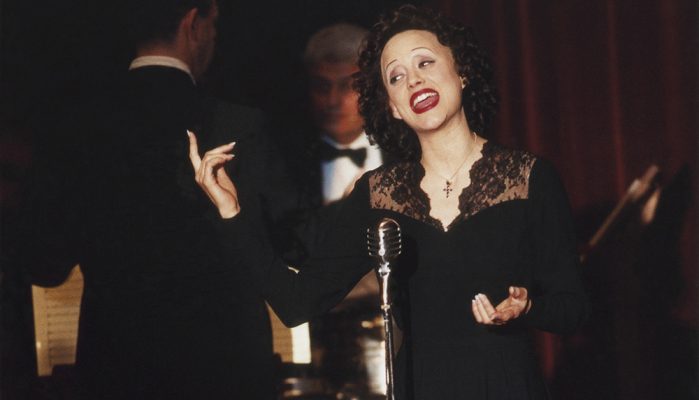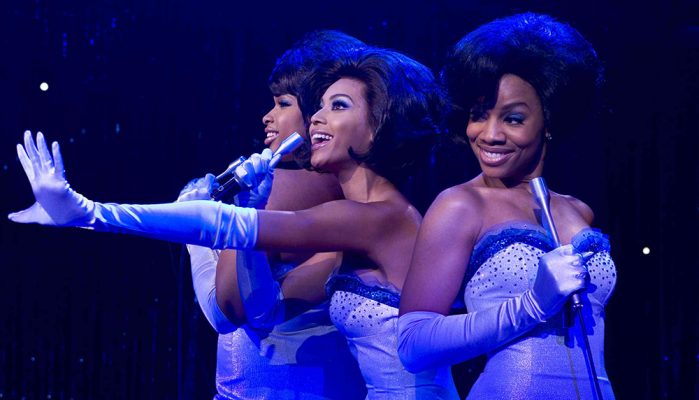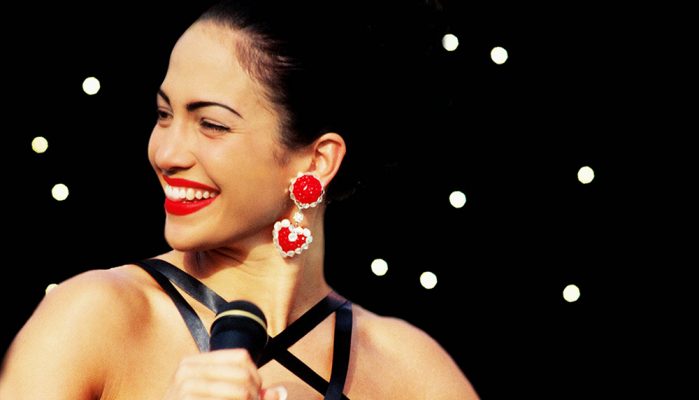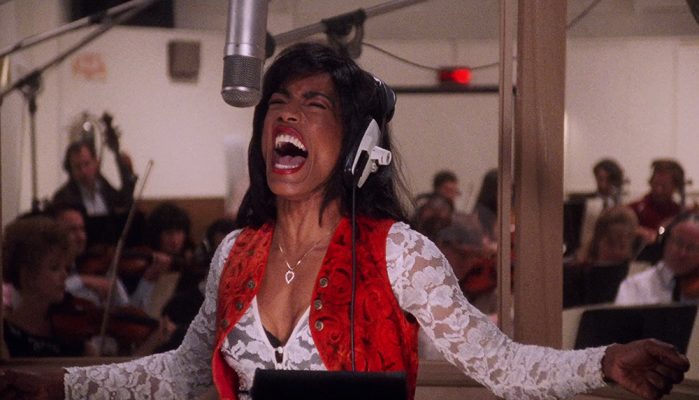Following the release of the documentary, What Happened, Miss Simone? we take a glance at the leading ladies in films inspired by music.
By Christopher Prince
/1. What Happened, Miss Simone?
Liz Garbus
The latest addition to the ever-growing Netflix catalogue sees Nina Simone brought to life through the eyes of director, Liz Garbus. Combining unreleased footage of Simone along with interviews with her family – namely Simone’s daughter, Lisa Simone Kelly, who served as the films executive producer, and accounts from friends, What Happened, Miss Simone? is a poignant tale of one of America’s most celebrated jazz artists.
Simone not only transcended the music industry, but also the lives of her supporters as she championed the African-American civil rights movement through much of her recordings and live performance repertoire. The singer recorded more than 40 albums in her career fusing the sounds of gospel, pop, jazz and classical music during her peak years from the late fifties to the early seventies.
/2. Florence Foster Jenkins
Stephen Frears
The upcoming American dramatic film based on the life of Florence Foster Jenkins may have an undetermined release date, but with a leading cast boasting Meryl Streep and Hugh Grant, the film has already been discussed as a shoo-in for the Academy Awards. Charting the true story of Foster Jenkins (Meryl Streep) – a wealthy socialite who used her family’s money to promote herself as a legitimate opera singer despite being ridiculed by the public for having a terrible voice – the film, directed by Stepehen Frears (The Queen (2006), Philomena (2013)) will focus on Foster Jenkins’ career in New York between the 1930s and 40s.
/3. Amy
Asif Kapadia
Much of what has already been written about Asif Kapadia’s touching documentary Amy, based on the life and times of jazz phenomenon Amy Winehouse, focuses on the demise of the singer during her final days. Yet Kapadia’s deft attempt at portraying Winehouse as both a social and culture figure of our time is perhaps one of the most successful elements of this 2015 musical love letter.
Through passages from family and friends, inclusive of unearthed camera footage and behind-the-scenes clips, the film challenges Winehouses’s see-saw attempt of trying to balance the price of fame with the naivety of her intrinsic talent. Debuted at this year’s Cannes Film Festival to critical acclaim, Amy will be released worldwide next month.
/4. Ricki and the Flash
Jonathan Demme
Though not a music documentary as such, Jonathan Demme’s direction of Ricki and the Flash, set to be released this August, showcases the troubles an artist faces when deciding between family and fame. Meryl Streep crops up again in the film’s leading role as Ricki, an ageing rockstar who abandoned her family to seek success. Alongside Streep is her daughter Mamie Gummer – the third time both mother and daughter have starred together (Heartburn (1986), The Devil Wears Prada (2006) and Evening (2007)) – as Julie, the divorced daughter of Ricki and Kevin Kline (Sophie’s Choice (1982) and A Fish Called Wanda (1988)) as Ricki’s ex-husband.
Much of the film centres on Ricki’s damaged relationship with her estranged son Joshua (Sebastian Stan), and her attempts to navigate a life she has never been a part of.
Female music protagonists have been the subject of numerous films over recent years. Take the 2010 revival of The Runaways – a rebellious, rip-roaring account of the 1970s all-girl rock band of the same name starring Kristen Stewart as Joan Jett and Dakota Fanning as Cherie Currie. Marion Cotillard’s leading performance as Edith Piaf in the critically acclaimed French biographical film La Vie en rose (2007), garnered her an Academy Award for Best Actress. Bill Condon’s musical Dreamgirls (2006) adapted from the 1981 Broadway musical of the same name and loosely based on American Motown group, The Supremes, also won Jennifer Hudson an Academy Award for Best Supporting Actress. The two standout musical biographies from the nineties saw Selena (1997) and What’s Love Got to Do with It (1993) chart the fame of Selena (Jennifer Lopez) and Tina Turner (Angela Bassett) respectively as global music icons.

